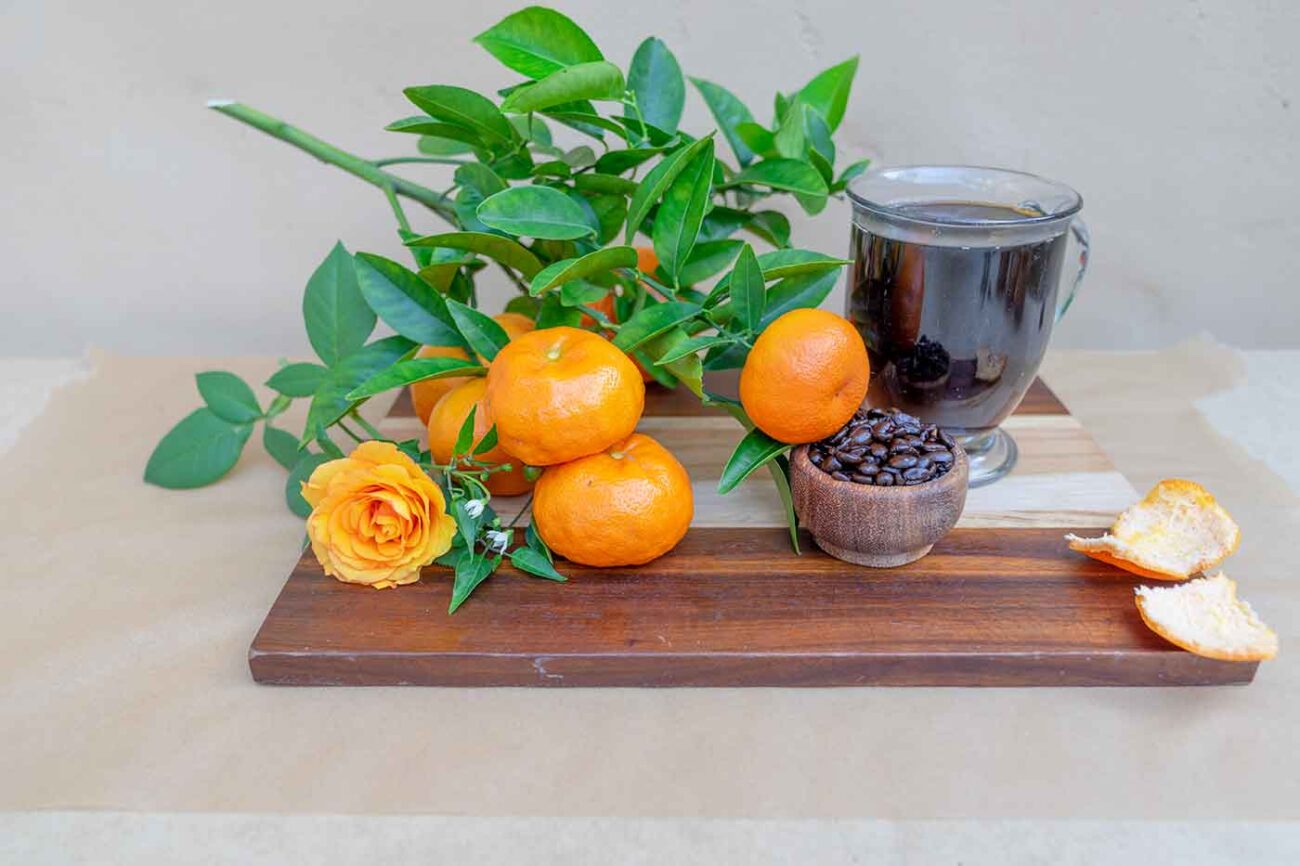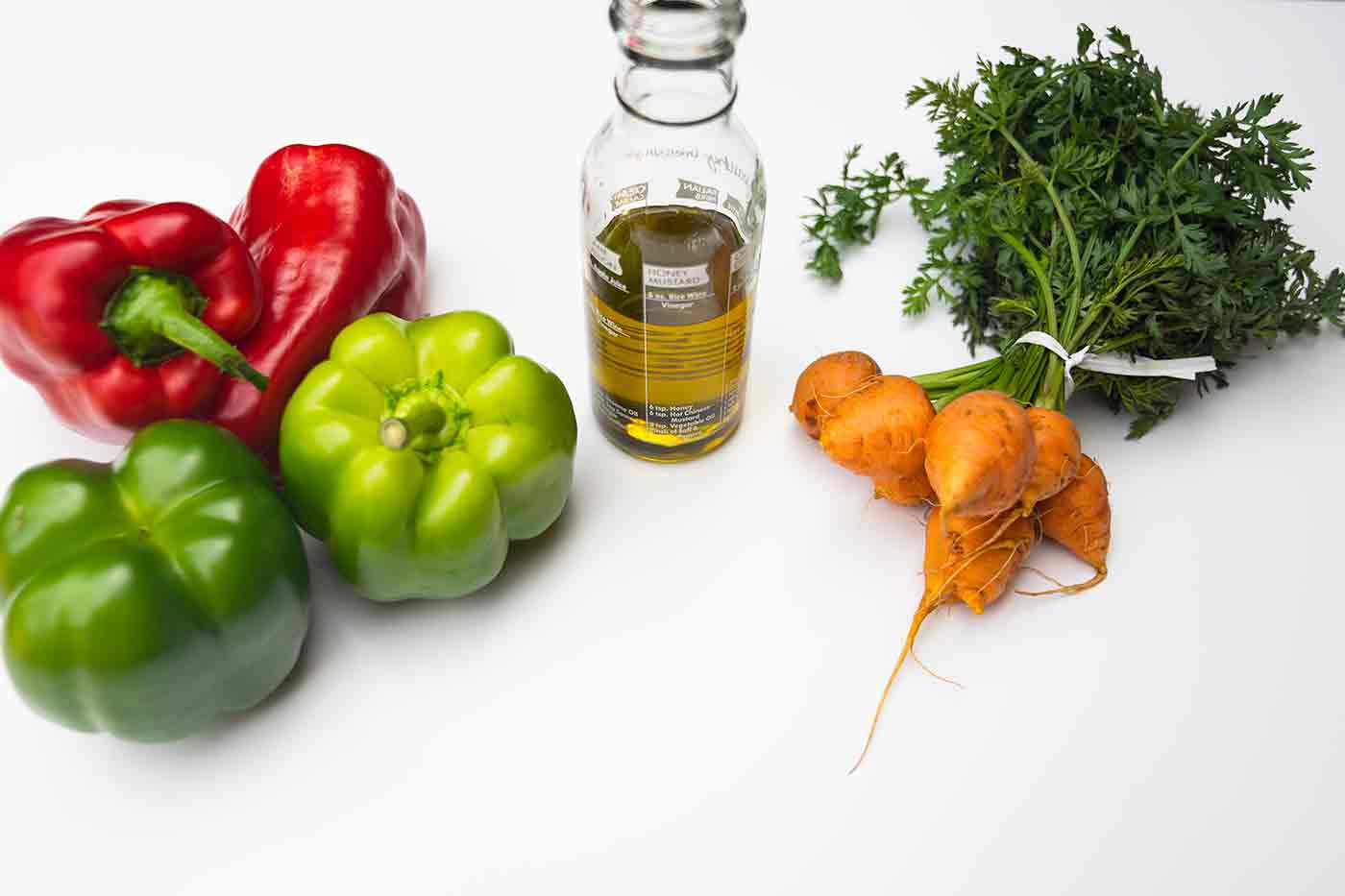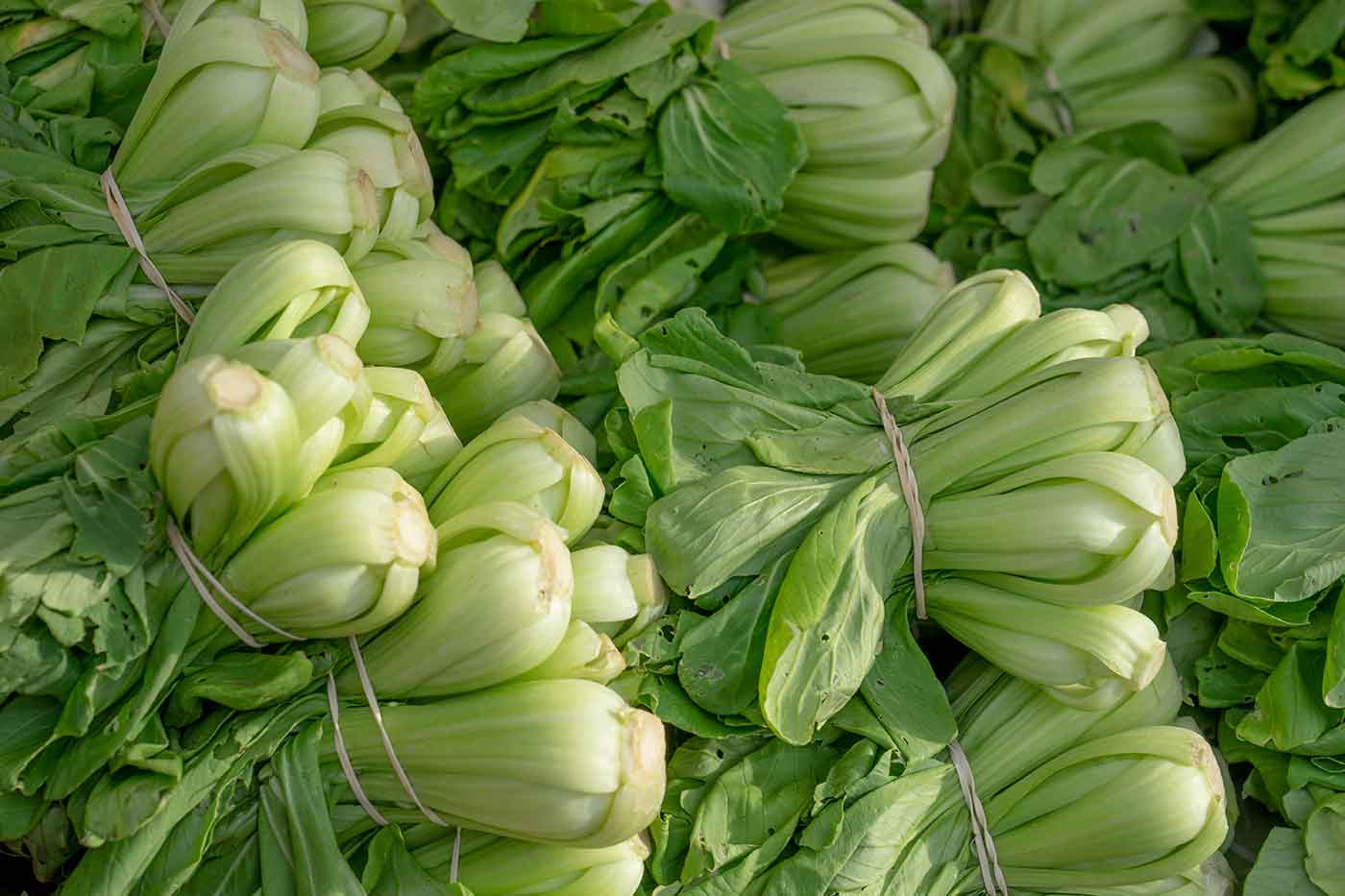
Absorb Nutrients Better with These Expert Tips
What do coffee and oranges have in common? They both affect how well your body absorbs the nutrients it needs.
Some foods—such as citrus—make it easier to soak up nutrients, and others—such as an ill-timed cup of java—make it harder, say experts.
Fortunately, there are tricks that can help you ensure your body gets as many vitamins and benefits from what you eat as possible. Still, the most important habit is eating healthy and making sure you’re getting the right nutrient-rich foods to start. Ask your doctor if you need more guidance.
“I think the main thing would be focusing on getting a variety of healthy foods,”
said Debbie Fetter, assistant nutrition professor at UC Davis.
Consider Taking Vitamin D with Calcium
It’s no secret that vitamin D helps a body absorb calcium, according to experts, including the National Osteoporosis Foundation. The knowledge is so widespread, some calcium supplements also contain vitamin D.
Fortunately many people don’t need a calcium supplement, according to experts, because calcium is available in diary and dairy substitutes and in abundance in so many other foods, such as whole grains, leafy greens, almonds, whole wheat bread and some tofu.
You can get vitamin D in fortified milk substitutes, a vitamin D supplement, or your body can make its own if you get bright midday sun daily.
Eat Calcium Between Meals to Better Absorb Nutrients
Also, if you eat a lot of calcium at once, like from a supplement, eat it between meals, because calcium can limit how much iron you can absorb.

Eat foods rich in beta carotene and alpha carotene with a little oil to make the nutrients easier to absorb.
Eat Provitamin A with Fat to Absorb Nutrients
Vitamin A comes in meats. Vegans get it instead by eating foods with beta-carotene and alpha-carotene and converting them into vitamin A. To best absorb these nutrients from foods like carrots, leafy greens, yellow squash and red and green peppers, season them with a little healthy oil, such as olive oil, say experts.
Absorb Iron, Calcium and Zinc from Plants with These Tricks
There is an acid in whole grains, legumes, seeds and nuts called phytate that attaches to some minerals in plants—namely iron, zinc, magnesium and calcium—and makes them harder to absorb.
Fortunately there are effective workarounds, according to experts.
For example, you can eat high-phytate foods in the same meal as vitamin C, found in citrus, broccoli, berries and tomatoes, to help absorb important nutrients. In general, the iron in plants, aka non-heme iron, is plentiful but not absorbed as easily as the iron in meat.
“Our body adjusts absorption to meet our needs, and we can absorb non-heme iron well if we need it,” said Walter C. Willett, a physician and nutrition researcher at Harvard and former chair of its nutrition department.
Experts say you can also toast nuts and seeds to lower the amount of phytate and increase the nutrients you can absorb.
“It couldn’t hurt if you like toasted nuts,” said Debbie Fetter assistant nutrition professor at UC Davis.
You can also soak and then rinse beans and legumes, to remove a lot of the phytate before you cook.
“When I get a can of beans, I inherently rinse it,” she said.
Cook frozen edamame soy beans in water and throw out the water before serving.
Consider eating fermented foods, such as bread. All other things being equal, unleavened bread and crackers have more phytate. The effect is the same if you add miso or eat tempeh, both made from fermented soy beans.
Avoid Drinking Coffee After Meals
Coffee and tea have many health benefits but can stunt your body’s ability to absorb nutrients if you drink them during or even after a meal. Instead consider enjoying your favorite of these libations an hour beforehand. In one study, coffee stunted the intake of iron, for example, by 39%, and tea reduced it by 64% during a meal. Partaking one hour before didn’t have an effect, but even an hour after a meal, the impact was still strong.
“All food is meant to be enjoyed. If you consume coffee with your iron source, it isn’t going to make or break you,” Fetter said.

Cook Crucifers Like Kale, Bok Choy, Broccoli and Cauliflower
There is a substance in some vegetables that can block absorption of iodine and can spark thyroid problems as a result. Without enough iodine, your body can’t make thyroid hormones, which control your metabolism and more.
Your hair can thin, you can gain weight and feel fatigued. You can also have an increased risk of heart disease.
You could avoid that outcome by cooking crucifers such as soy, cabbage, cauliflower, broccoli, kale, bok choy, and Brussels sprouts.
These are called crucifers, similar to Latin word for cross, because of their cross-like shape, which you can see at the base of the bok choi pictured above.
You should eat a balanced diet without leaning on any one kind food, including crucifers. That would help avert problems with absorbing iodine. Don’t think kale is good for you, so eating all kale all of the time is even better.
“Extreme diets like this are not a good idea for multiple reasons,” said Willett.
In his book Eat, Drink, and Be Healthy: The Harvard Medical School Guide to Healthy Eating, he advocates getting a variety of whole, as opposed to highly processed foods, for optimal health.
Ideally, avoid large quantities of these “anti-nutrients” in the same meal.
Eat Cooked Tomatoes for More Antioxidants
Cooking tomatoes increases the amount you can absorb of lycopene, a natural chemical in plants that makes tomatoes red. Lycopene is an antioxidant that many experts think is very efficient at reducing the risk of strokes and prostate and other cancers.
Cook tomatoes for a half hour and increase the amount of lycopene you can take in by 29%, according to research at Cornell.
Unfortunately, cooking also causes about the same amount of reduction in vitamin C in tomatoes. Consider eating a combination of cooked and raw tomatoes, or getting vitamin C from one of many other foods you eat.
In short, eating well can taste so good, but be savvy and you can boost the health benefits even more!

